Abstract: This note compares advantages and disadvantages of Cathode Ray Tubes, Electro-Luminescent, Flip-Dot, Incandescent Light Bulbs, Liquid Crystal, Light Emitting Diode, Organic LEDs, Polymer LEDs, Glow Discharge, Plasma Display Panels, and Vacuum Fluorescent Display technologies.
This note compares the main electronic displays technologies in the table below. Each display type is described briefly, and the relative advantages and disadvantages are reviewed.
This note compares the main electronic displays technologies in the table below. Each display type is described briefly, and the relative advantages and disadvantages are reviewed.
|
Display Type |
Acronym |
Emissive or Reflective |
Technology |
Advantages |
Disadvantages |
|
Cathode Ray Tube |
CRT |
Emissive |
The CRT is a vacuum tube using a hot filament to generate thermo-electrons, electrostatic and/or magnetic fields to focus the electrons into a beam attracted to the high voltage anode which is the phosphor coated screen. Electrons colliding with the phosphor emit luminous radiation. Color CRTs typically use 3 electron sources (guns) to target red, green, and blue phosphor patterns on the screen. |
| |
|
Electro-Luminescent Display |
ELD |
Emissive |
EL displays are solid state displays which use a phosphor to emit light in the presence of an electric field. Phosphors used are usually yellow-orange or green. |
|
|
|
Flip-Dot Display |
? |
Reflective |
Each pixel comprises a hinged disk. The disk is matt black on one side (unlit), and fluorescent or reflective on the other (lit). Various techniques are employed to flip the disk. One method balances the disk around an electromagnetic soft iron armature. The winding is energized one way or the other to attract the disk to one side or the other. Remanent magnetism holds the position, so only a short power pulse is required to flip the pixel. |
|
|
|
Incandescent Display |
Light Bulb |
Emissive |
A coated tungsten filament is run white hot in vacuum, and it radiates both visible light and infrared (heat). |
|
|
|
Liquid Crystal Display |
LCD |
Reflective |
An LCD uses the properties of liquid crystals in an electric field to guide light from oppositely polarized front and back display plates. The liquid crystal works as a helical director (when the driver presents the correct electric field) to guide the light through 90° from one plate through the other plate. |
|
|
|
Light Emitting Diode |
LED |
Emissive |
LEDs are photon emitting semiconductors which emit light due to the injection electroluminescence effect. The wavelength of the emitted light varies primarily due to the choice of semiconductor materials used, and is commonly in visible spectrum or infrared. |
|
|
|
Organic LEDs Polymer LEDs |
OLED PLED |
Emissive |
These displays use organic electroluminescent materials deposited on a glass or flexible substrate. Devices based on small molecules are usually referred to as OLEDs. Those based on large organic 'polymer' molecules are usually called PLEDs. Light is generated by injection electroluminescence, like LEDs. The choice of organic material sets the emission color OLED pixels are capacitive (tens to hundreds of picofarads) leading to significant switching losses for large displays with high multiplex ratios. |
|
|
|
Glow Discharge (Plasma) Indicators |
Nixie |
Emissive |
A high voltage between two electrodes encapsulated in a tube with an inert gas (typically neon) ionizes the gas allowing current to flow and a glow discharge to appear around the cathode. If the tube is driven from an AC source (e.g., a neon indicator), the glow discharge appears around both electrodes. Complex displays use multiple cathodes shaped either as segments (one or more lit to make a character) or complete numerals (one lit at a time). |
|
|
|
Plasma Display Panel |
PDP |
Emissive |
Plasma displays use multiple controlled gas discharge paths (one path per color per pixel) but the inert gas is chosen to glow outside the visible spectrum. Each local current discharge path terminates with its own phosphor coated cathode, which in turn emits luminous radiation. The cathodes can be arranged as RGB triads to make a color display. |
|
|
|
Vacuum Fluorescent Display |
VFD |
Emissive |
The VFD is a vacuum tube using hot filaments to generate thermo-electrons, A grid (static display type) or multiple grids (multiplexed display type) control and diffuse the thermo-electrons, which are attracted to one or more high voltage phosphor coated anodes, which then emit light. The anodes are at the back of the display, so the emitted light passes through the grid(s) and filaments and the display front to be seen by the user. The filaments are not run hot enough to be usually visible. |
|
|
 電子發燒友App
電子發燒友App









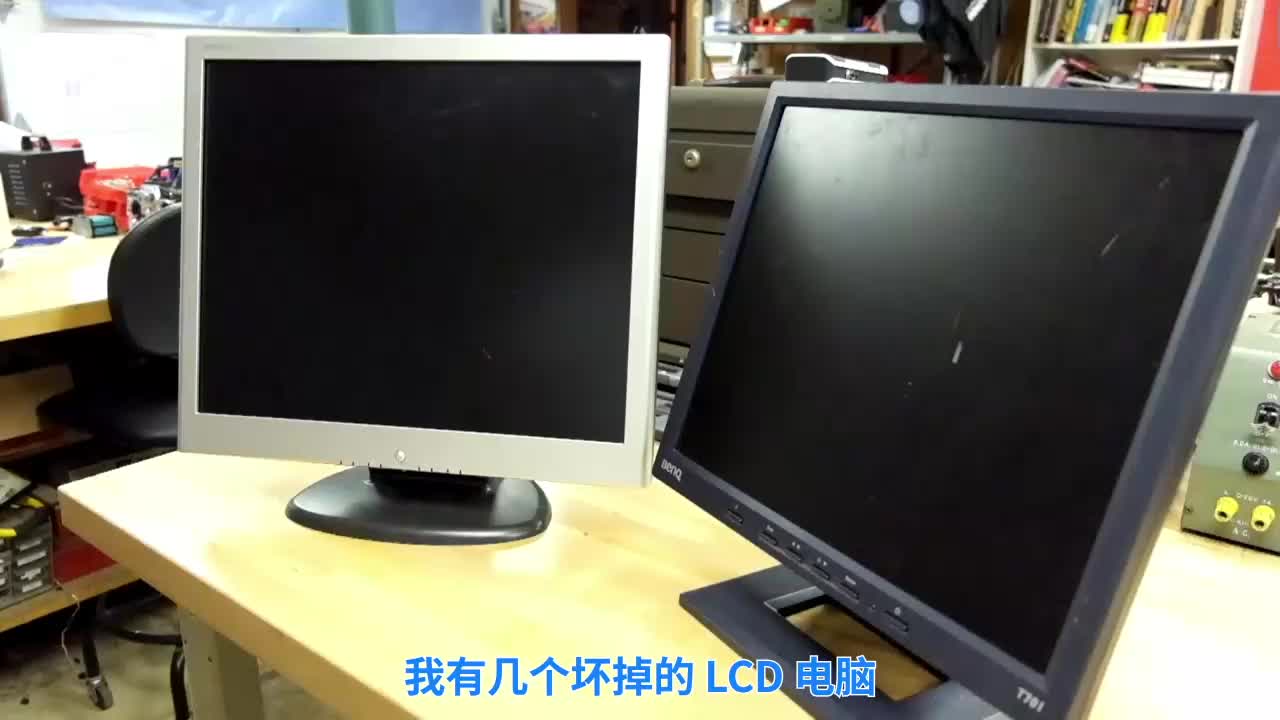

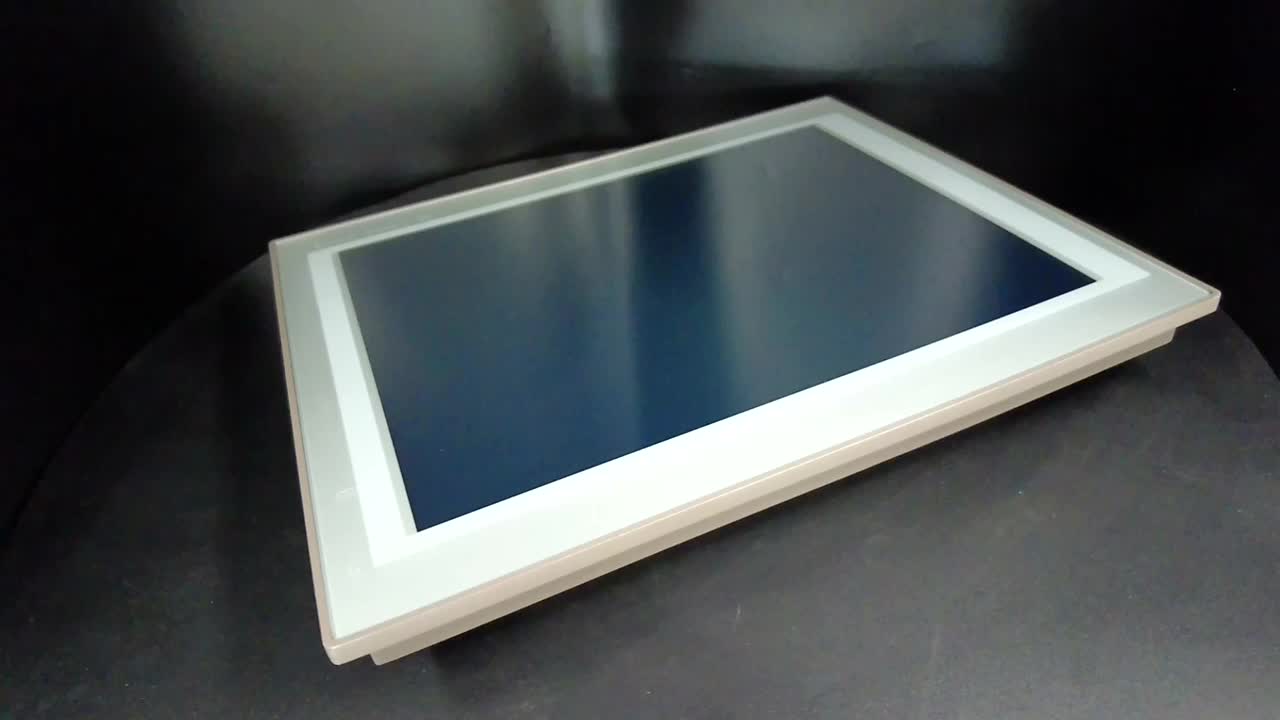
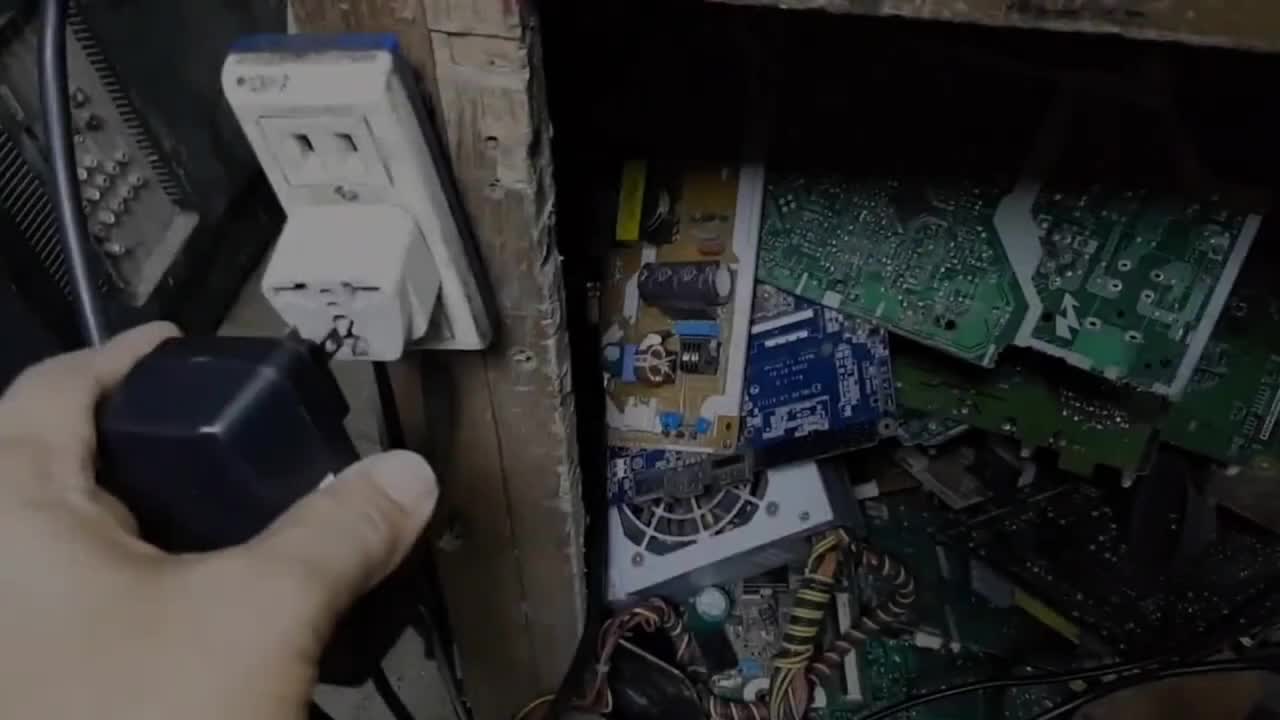
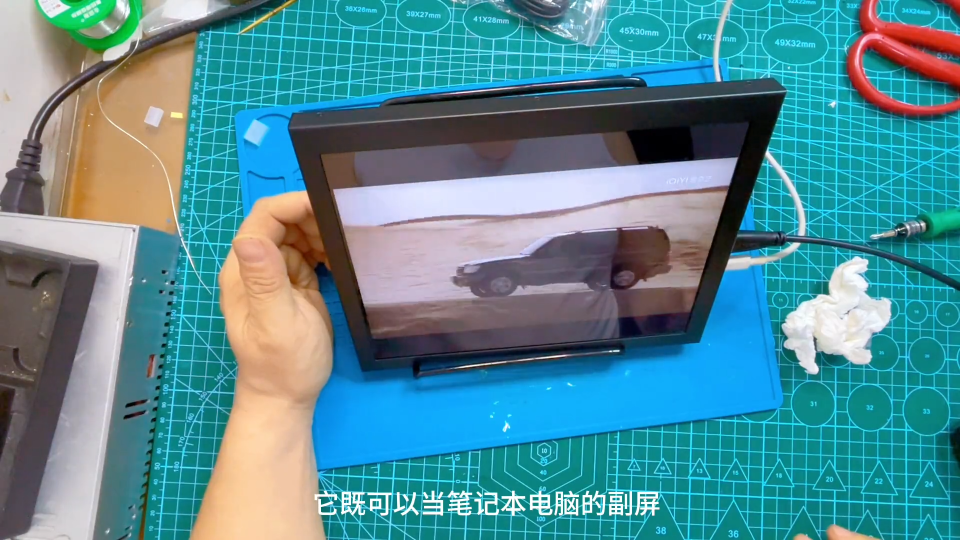
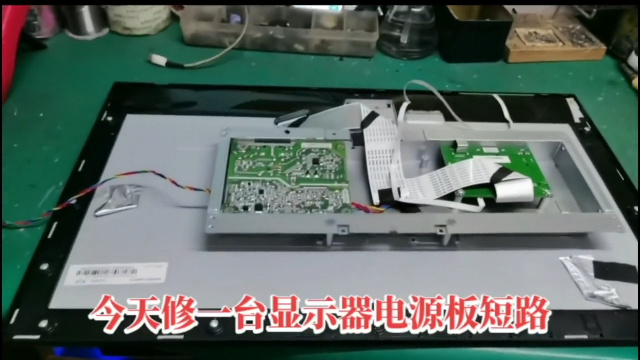
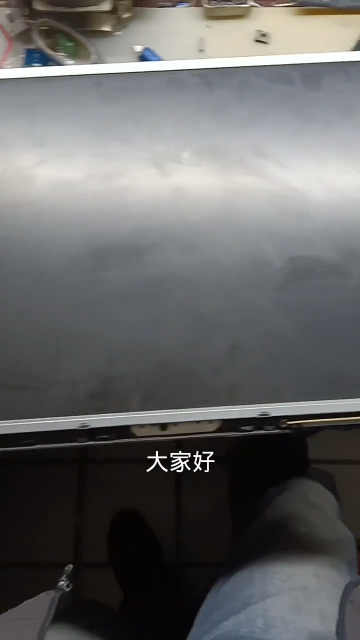
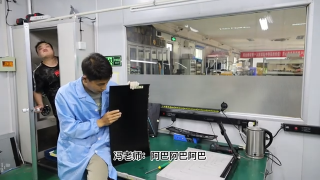
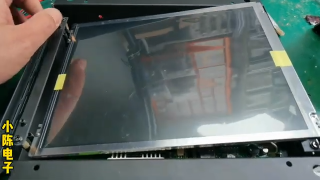
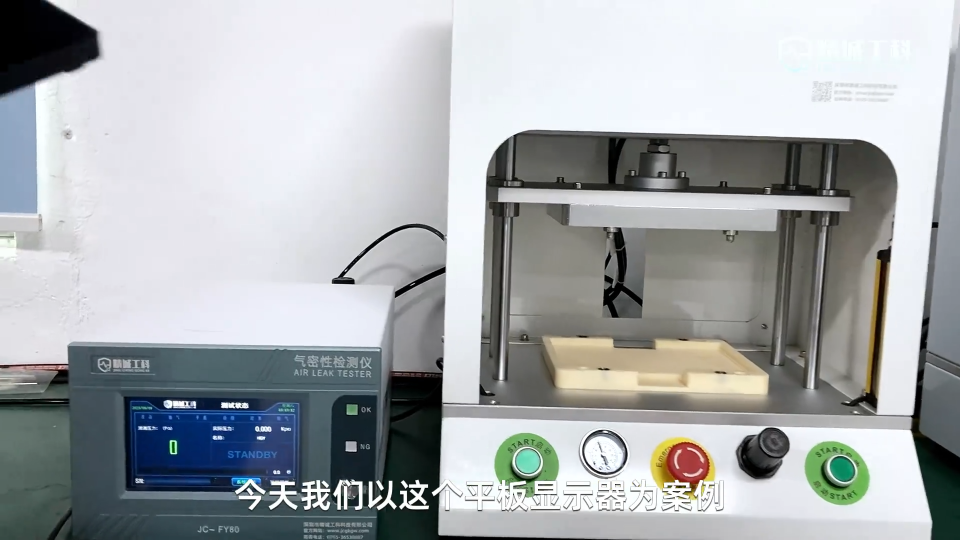
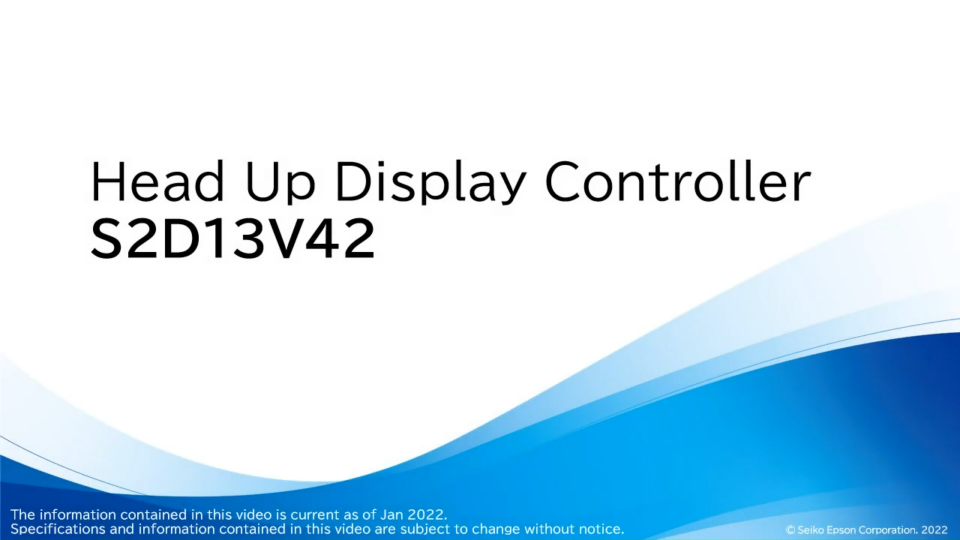
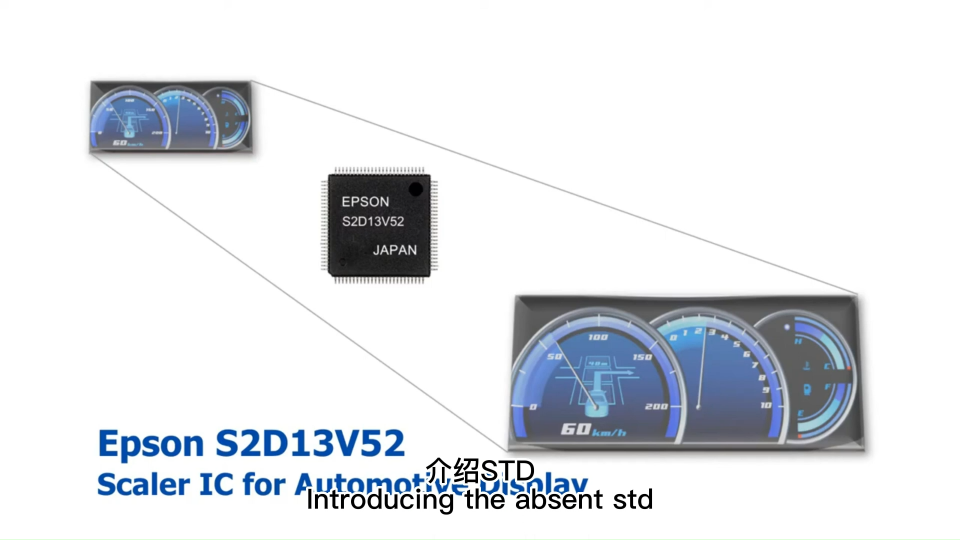
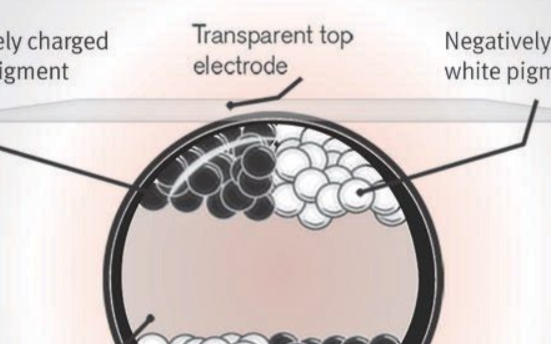
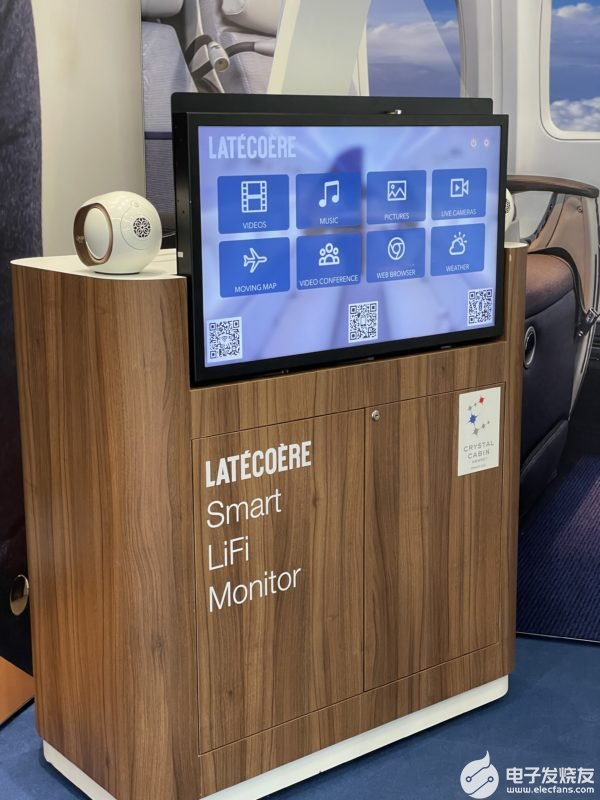

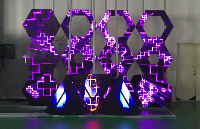
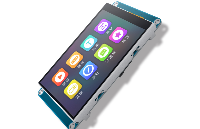










評論